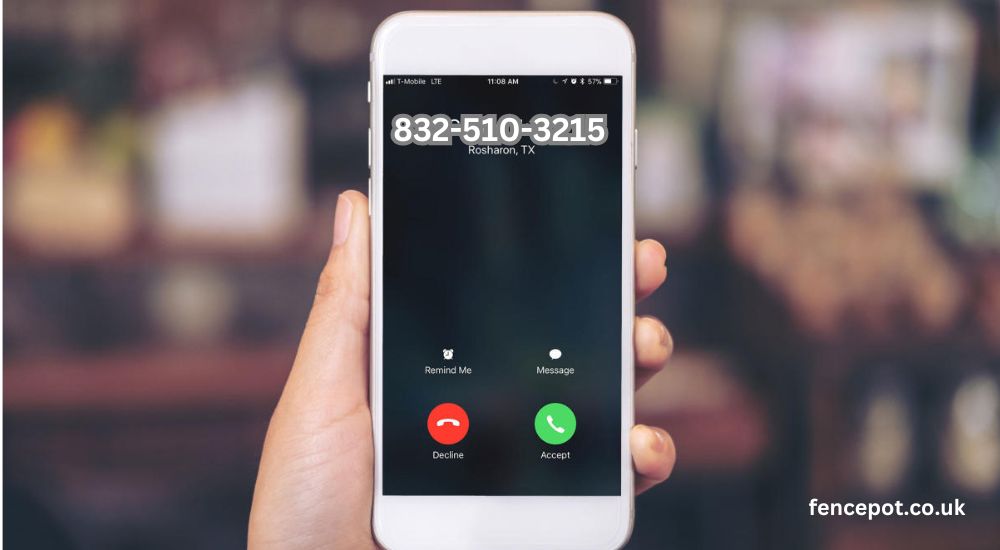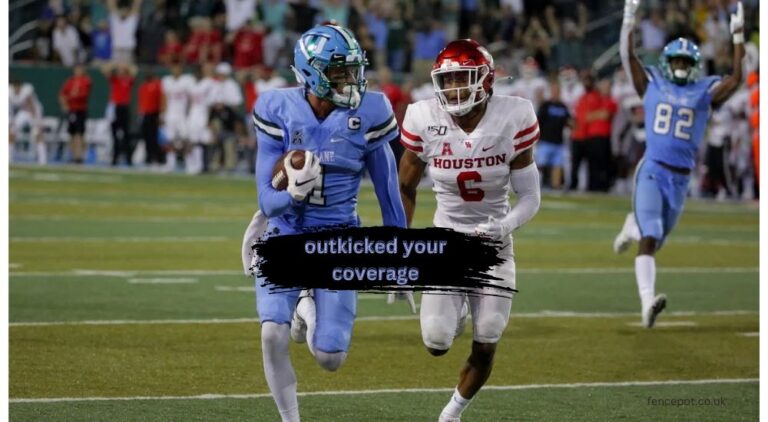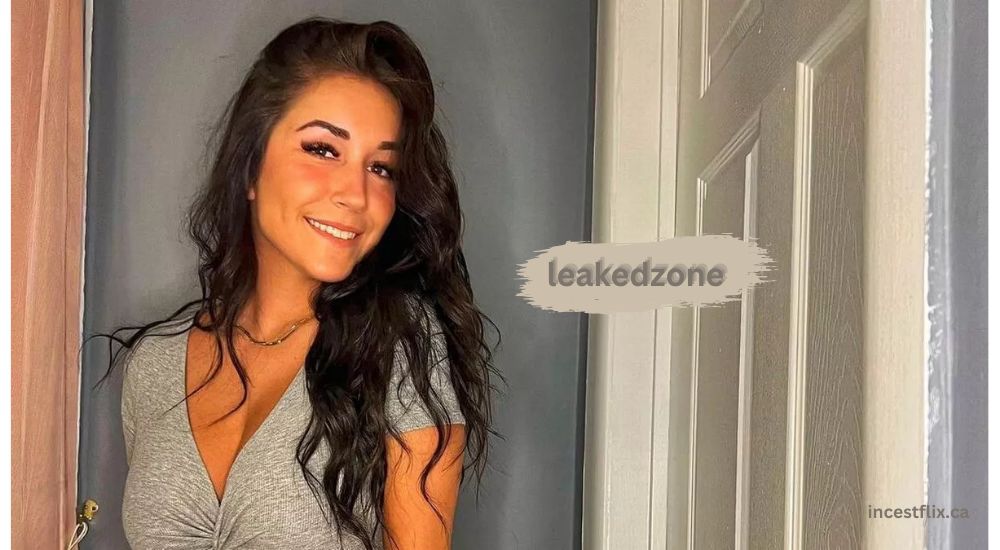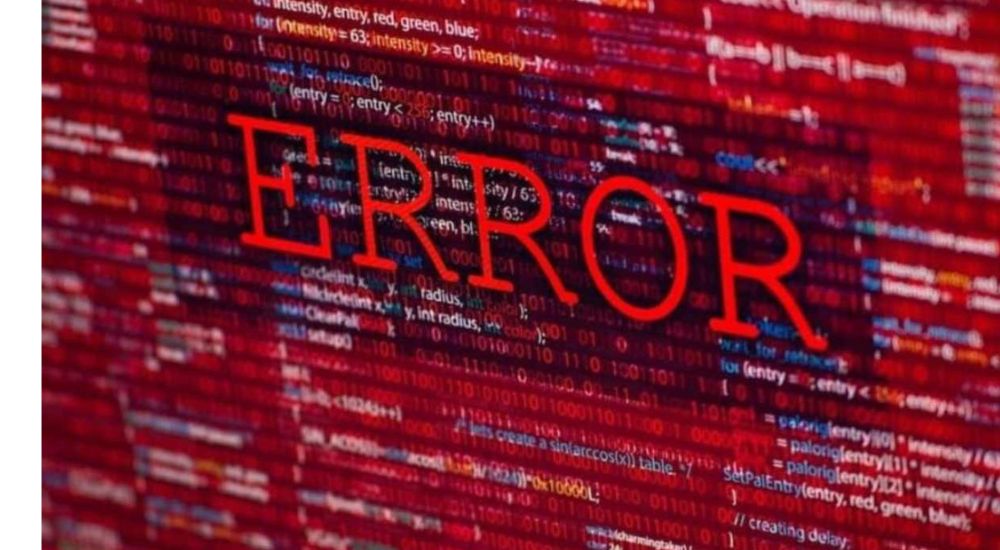In today’s world, answering calls from unknown numbers can feel risky. Calls from numbers like 832-510-3215 may raise questions about who’s on the other end and whether answering could put you in harm’s way. Here, we’ll go through practical tips for handling calls from unknown numbers, signs of potential spam, and ways to protect yourself.
What is the 832 Area Code?
The 832 area code is part of the North American Numbering Plan and was introduced as an overlay to accommodate the increasing demand for phone numbers in Texas. The 832 area code primarily covers the Greater Houston area and neighboring regions. This means that any call from 832-510-3215 originates from somewhere in or around Houston, Texas.
Is 832-510-3215 a Spam Number?
To determine if 832-510-3215 is a spam number, you can look for common signs of spam or fraudulent calls. If you notice any of the following signs, it’s likely a spam or scam call:
- The caller pressures you to provide personal information.
- You receive frequent calls from this number with no voicemail.
- The call sounds like an automated or recorded message.
Ways to Investigate Unknown Numbers

Using a reverse phone lookup service like Whitepages or TrueCaller can reveal the name and location associated with the number. Simply entering “832-510-3215” in a Google search may yield results if the number has been reported for spam or fraud. Websites like WhoCallsMe and 800Notes have user-reported information that can be helpful in determining if others have had similar experiences.
Reasons You Might Receive Calls from Unknown Numbers
Calls from unknown numbers aren’t always spam. Here are some legitimate reasons you might receive such calls. Telemarketing calls are still quite common, even though many people prefer online shopping and services. Scammers often target individuals by calling from random numbers, sometimes even within the same area code.
Automated Reminders from Legitimate Businesses
Some businesses use automated systems to send reminders for appointments, deliveries, or billing. Here’s how to make sure you stay safe when dealing with unknown numbers. Avoid giving out personal details over the phone unless you’re certain who you’re speaking with. If the call isn’t from a saved contact, it’s generally safer to let it go to voicemail.
Using Technology to Block Spam Calls
Both iPhone and Android devices come with built-in features to block numbers, silence unknown callers, and report spam. Apps like RoboKiller and Hiya offer spam call identification and blocking features, which can be effective against persistent spam numbers.
What to Do If You Receive Harassing Calls
If you’re being harassed by persistent calls from a number like 832-510-3215, here’s how to take control. You can report harassing calls to your phone carrier or local authorities and block the number on your device. Keeping a log of calls can help if you need to file a formal complaint. Returning calls to unknown numbers can sometimes connect you to scammers who may try to trick you into providing personal information. If the number looks familiar or if the caller left a legitimate voicemail, it may be safe to call back.
Alternatives to Calling Back
Instead of immediately returning the call, consider these alternatives. A polite message asking who’s calling can give you insight without needing to speak directly. Many websites and apps can help identify callers by allowing you to search phone numbers. Be mindful about where you share your phone number, especially online or on forms. Avoid sharing your phone number on public platforms and opt out of marketing lists.
How to Register on the Do Not Call List
The National Do Not Call Registry allows you to list your number to reduce unwanted sales calls. Though not foolproof, this can significantly cut down on telemarketing calls. Some scams are more prevalent than others. Here are a few to stay aware of Scammers posing as the IRS often threaten legal action or arrest. A scammer might pretend to be from “tech support” to gain access to your personal information. If you’re informed that you won a prize but need to pay a fee, it’s likely a scam.
What to Do If You’ve Been Scammed
If you suspect you’ve been scammed, acting quickly can minimize the damage. Change any compromised passwords, monitor bank accounts, and consider a credit freeze if needed. Reporting scams to authorities can help prevent others from falling victim.
Conclusion
Handling unknown numbers like 832-510-3215 requires a cautious approach. By using available resources, protecting your personal information, and staying informed on common scams, you can reduce risks and enjoy a safer phone experience.












